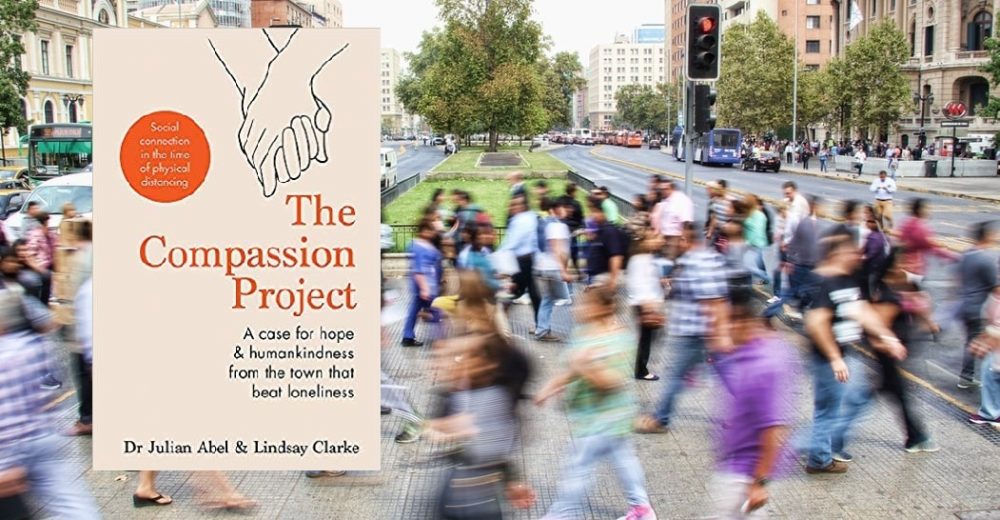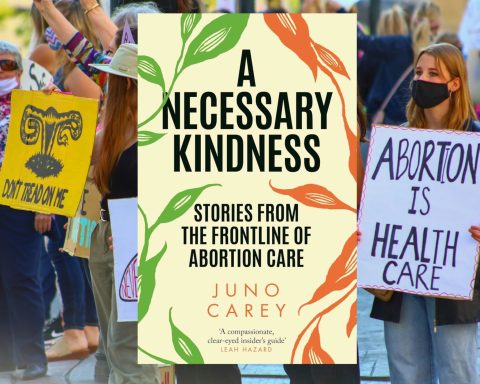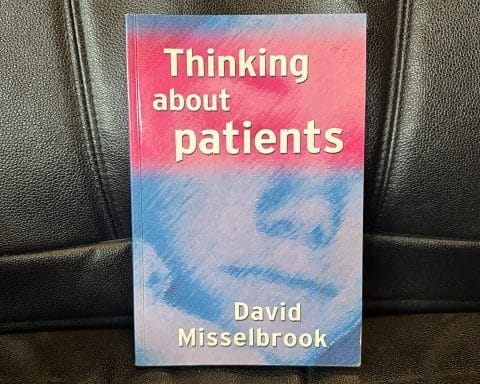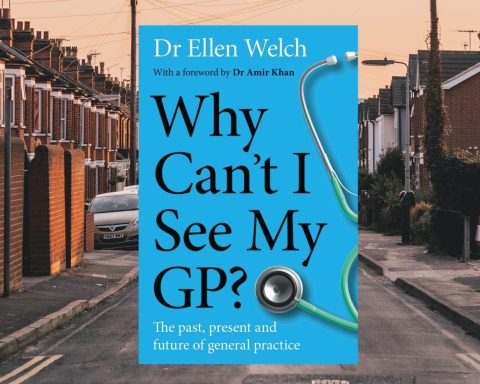
Loneliness is a serious public health challenge facing the UK. Even before the current pandemic one in eight Britons admitted that they did not have even a single friend they could rely on.
Loneliness is generally thought of as an individual’s problem, a lack of supportive family or friends, but it is also about feeling disconnected from our fellow citizens, political leaders and employers.
It is refreshing to read this account of how two inspirational health workers, a GP, Dr Helen Kingston and a health trainer, Jenny Hartnoll, led an innovative community approach to address the problem of loneliness in Frome, a market town in Somerset. They created social connections by utilising existing resources such as talking cafes, peer-support groups, voluntary agencies, Men’s Shed, Women’s Shed and drawing up an online Service Directory. Face-to face communication is key to community life. 1,000 ‘community connectors’ were trained to point people towards appropriate help. The compassion project resulted in a 14% drop in emergency hospital admissions, reported in a paper published in the BJGP.1
The strength of the book lies in its description of how community life can have a transformative effect on individuals. Later in the book the wider potential of compassion in local government, politics, education and employment is discussed which, although highly desirable, may be a little idealistic. Indeed, the authors concede that “the creation of a nationwide sense of Compassionate Community will demand a radical change in the currently prevailing system of values”. Lessons from other compassion initiatives, such as the Stanford University Compassion Project, might have been included in the book.
Community life can have a transformative effect on individuals.
Compassion is a reactive response to the suffering of others and does not necessarily involve an understanding of the reasons for their feelings. There is a risk of being seen as patronising or even sliding into pity. On the other hand, empathy, a more nuanced relational concept, involving an understanding of the other person’s views, is a skilled response, is integral to phronesis or practical wisdom. Empathy, might therefore, have been a preferred concept on which to form the basis of the study. Compassion also has religious overtones and theological perspectives might have received more attention in the book.
It would have been interesting to have included details of the demography of Frome, the authors claiming that “it could be any town”. The question arises as to which aspects of the Frome model are transferrable to very different environments in the UK, such as deprived inner cities.
The publication coincides with the Covid-19 pandemic which has exacerbated problems of social isolation and increased the challenges for social prescribing in its varied forms. It is heartening to read the background story of a group of healthcare workers and community members linking together to connect socially isolated individuals and to really make a difference to their well-being.
Featured book:
The Compassion Project: A case for hope & humankindness from the town that beat loneliness. Dr Julian Abel & Lindsay Clarke. Pub: Aster; 2020; London. ISBN 978-1-78325-336-4. Pp228. Price £16.99
Reference
1. Abel J, Kingston H, Scally A, Hartnoll J, Hannam G T-MA, A. K. Reducing hospital admissions:a population health complex interventionof an enhanced model of primary care and compassionate communities. Br J Gen Pract. 2018;68:e803-e810.
Featured photo by Mauro Mora on Unsplash








